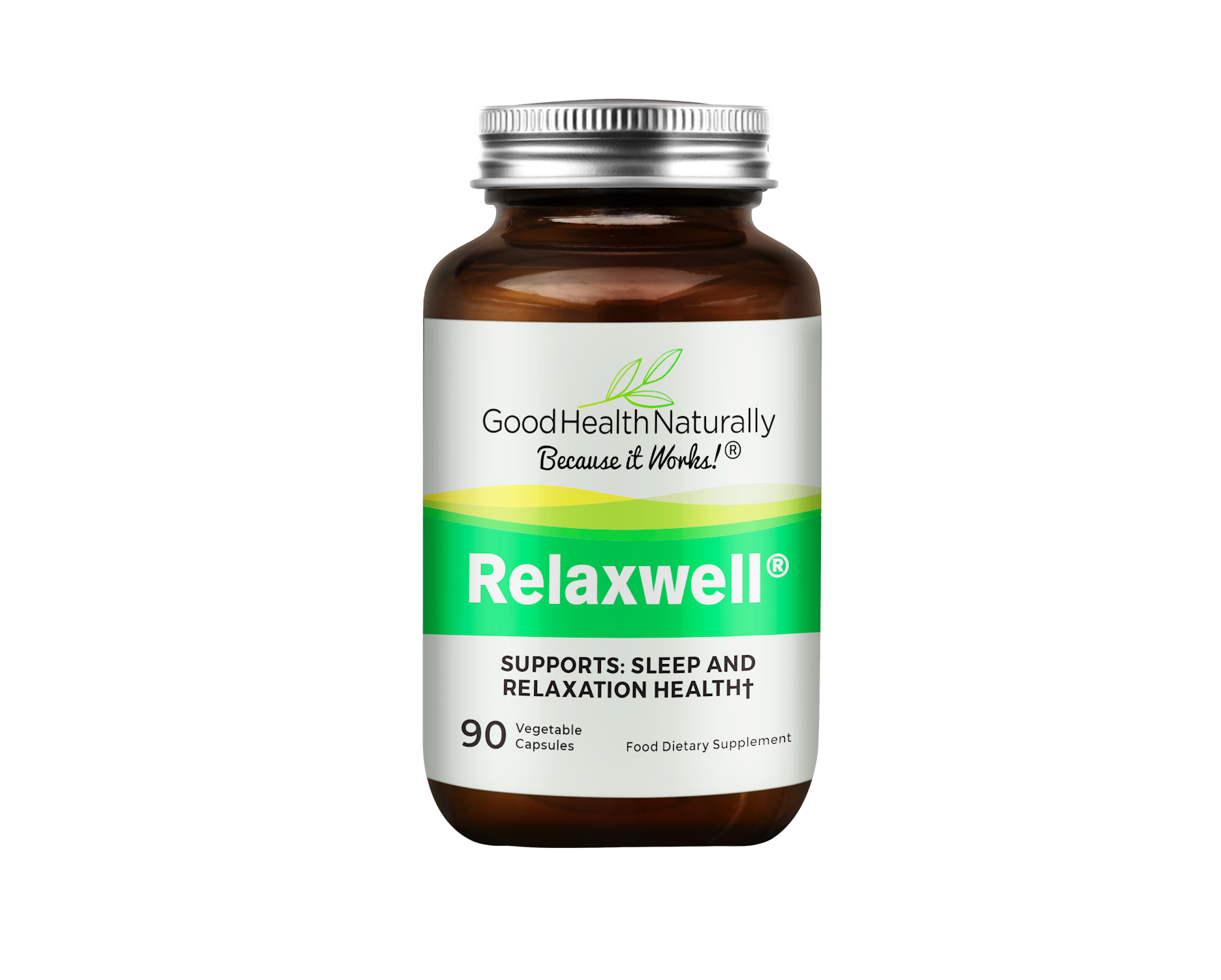Many of us aspire to enjoy restorative, restful sleep every night, but for others, broken, poor quality sleep is a sad fact of life. Every aspect of our waking life affects the way we sleep at night. By viewing sleep as a vital part of our lifestyle and daily use of time, we can use it as a tool to support our overall well-being and wake up every morning as the best version of ourselves.
1. Avoid Stimulants
When trapped in the throes of a cycle of poor sleep, it may seem simpler said than done to avoid stimulants such as caffeine and alcohol. Yet this is a great first step on the road to better sleep. Finding a balance that works for you and your body can help you take back control of your sleeping pattern.
2. Manage Stress Levels
Managing stress and anxiety levels, as far as possible, is crucial for our sleep. Magnesium is a mineral that can provide particular support for the nervous system during times of stress. A 2012 study suggests that it helps improve both subjective and objective measures of insomnia in elderly subjects. Applying magnesium topically as a lotion, oil or cream shortly before bedtime can turn supplementing into a soothing ritual to relax and initiate sleep.
3. Get Comfortable
Being mindful of our bedroom environment is vital for improving sleep quality, and transforming our sleeping space into a sanctuary trains our subconscious to recognise sleep as the sacred and vital activity it is. Ensure that your bed is comfortable enough by investing in a new mattress or a mattress topper, and choose pillows that are the right height and firmness for your needs. Opt for bedding made from natural, breathable materials that will keep you cool in summer and warm in winter.
4. Natural Remedies and Nutrition
Incorporating certain nutrients, like L-Tryptophan and L-Theanine, can also help. L-Tryptophan is an essential amino acid that has been used for decades to promote sleep and support mood. It’s important to note that the body cannot make tryptophan by itself, so it needs to be taken via diet or supplementation. Another useful supplement to consider incorporating is 5HTP, a by-product of tryptophan beneficial for sleep which can be extracted from certain rich natural plant sources such as Griffonia simplicifolia.
Aromatherapy can be a powerful ally in achieving better sleep, with scents such as lavender, chamomile, neroli, ylang ylang, and sandalwood promoting peaceful sleep. Use a whole-room fragrance, such as a reed diffuser or oil burner, or something more targeted like a pillow spray. Consider a lavender or cherry stone pillow for imparting a calming scent or comforting heat.
Homeopathic remedies can assist with sleeplessness. Various remedies suit different root causes for restless sleep, and are selected based on the type and pattern of insomnia and the person as a whole.
To Sum Up…
Identifying the reason for your sleep disturbance can empower you and bring peace of mind to enable you to rest. Sometimes, giving ourselves permission to sleep and allowing ourselves to make sleep a priority may be enough to settle any sleeping difficulties down. By recognizing the critical importance of good sleep, you can begin to take steps to get the proper rest your body needs. It is essential to experiment and find what works for you. Combining these tips with a deeper investigation of what could be causing your issues can be a very effective way to get quality shut-eye each night. With optimal amounts of restful sleep on our side, we can make every day a happy, healthy one!
Recommended Products

RelaxWell®
Relaxwell® – A unique formula of L-Tryptophan, L-Theanine, Vitamin B3 and B6 to support stress relief, sleep and relaxation. Suitable for Vegetarians and Vegans. 90 capsules. Available from Good Health Naturally.




